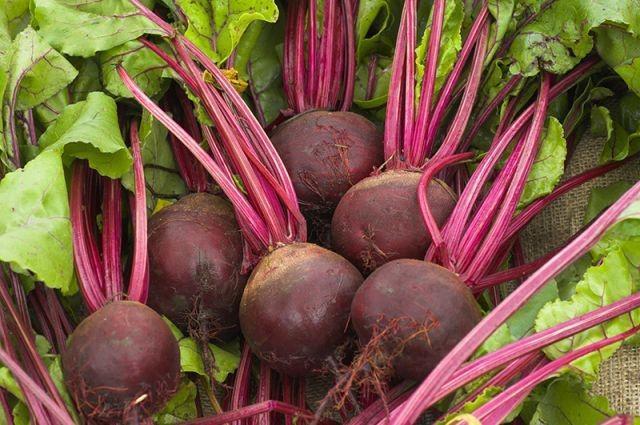Sowing, fertilizing and harvesting beets
 Beets are a more thermophilic plant than carrots, so they are sown in early May. If you sow beets before winter, then they will not form large root crops. Only some varieties specially bred for winter sowing are not afraid of frost. Another disadvantage of early sowing is that beets form arrows.
Beets are a more thermophilic plant than carrots, so they are sown in early May. If you sow beets before winter, then they will not form large root crops. Only some varieties specially bred for winter sowing are not afraid of frost. Another disadvantage of early sowing is that beets form arrows.
Correct sowing of beets
Before sowing beets, you need to dig up the soil to the depth of a shovel bayonet so that the soil is loose. If you are a supporter of natural farming, then it is not necessary to dig up the soil, it is enough to loosen it with a flat cutter.
After sowing, keep an eye on the amount of mulch and add it regularly to keep the soil moist at all times.
At the beginning of May, about the time when the first penny-sized leaves have blossomed on the birch, then you can plant beets. By this time, the soil should warm up to 5-7ABOUTC, this temperature is quite comfortable for root crops, so the beets will have time to ripen before harvesting.
The best fertilizer for beets
Beetroot is an unpretentious plant, so it can do without serious dressing, but it will give large and sweet root crops only when mineral and organic fertilizers... In August, when watering, trace elements must be added to the soil: magnesium and boron, as well as compost.
But the best organic fertilizer for beets is herbal infusion. In it, half a tablespoon of salt is bred to add sweetness to the beets and half a teaspoon of boric acid. These proportions are based on 10 liters of herbal infusion. Mineral fertilizers must be completely dissolved in it. All this volume of infusion must be poured into 1 m2 landing area.
If you added compost or humus instead of herbal infusion, then dissolve salt, magnesium-containing fertilizer and boric acid in 10 liters of warm water and pour over the beets.
Don't overfeed your beets!
It is worth remembering that beets have the ability to accumulate nitrates. Too much mineral and organic fertilizers lead to the accumulation of harmful substances in the beets, a decrease in the shelf life and a deterioration in its taste. In addition, beets develop unevenly from an excess of nutrients.
If you still overfeed the beets, then a month and a half before harvesting, large root crops must be pulled out. Due to the large amount of fertilizer, these roots ripen faster, so they need to be harvested much earlier. Since overgrown beets contain a lot of moisture, such a root crop rots and does not last long.